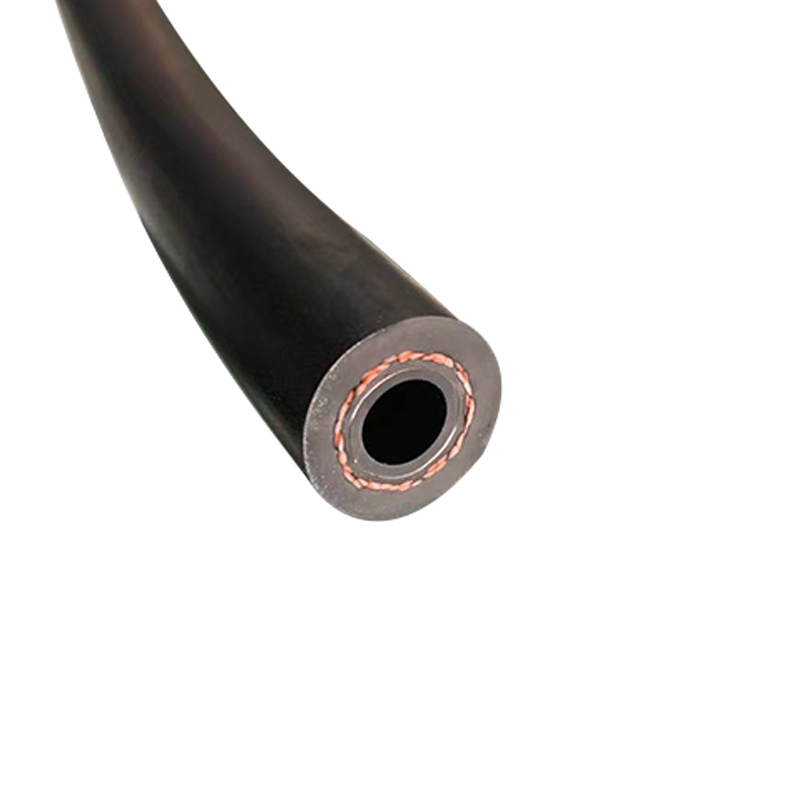Flexible Hose Solutions for Efficient Petroleum Transport and Handling Systems
Nov . 01, 2024 17:29 Back to list
Flexible Hose Solutions for Efficient Petroleum Transport and Handling Systems
The Importance of Petroleum Hoses in the Oil and Gas Industry
Petroleum hoses play a critical role in the oil and gas industry, serving as essential components for the transportation of oil, gas, and various petroleum-based products. These specialized hoses are designed to handle the extreme conditions associated with the extraction, processing, and transportation of hydrocarbons, making them indispensable in ensuring safety and efficiency throughout the industry.
First and foremost, petroleum hoses must be constructed from durable materials capable of withstanding high pressures and temperatures. They are typically made from synthetic rubber or specialized thermoplastics, which provide excellent resistance to abrasion, ozone, and various chemicals found in petroleum products. This resilience ensures that the hoses can sustain their integrity during daily operations and protect against leaks, which could lead to environmental disasters and economic losses.
In addition to their physical properties, petroleum hoses are designed with specific features to enhance their functionality
. Many hoses incorporate spiral reinforcements or multiple textile layers, allowing them to flex without kinking, thus maintaining a steady flow of fluids. Moreover, the varying diameters available in these hoses provide versatility for different applications, whether for fueling, loading and unloading at terminals, or during offshore operations.petroleum hose

The safety aspect of petroleum hoses cannot be overstated. In an industry where the stakes are incredibly high, even a minor failure could result in catastrophic consequences. Therefore, regular inspections and compliance with safety regulations and standards, such as those set forth by organizations like the American Petroleum Institute (API), are crucial. These protocols not only ensure the reliability of the hoses but also enhance the safety of workers and the surrounding environment.
Moreover, advancements in technology have led to the development of smart hoses equipped with sensors that can monitor conditions such as pressure, temperature, and flow rate in real-time. These innovations can significantly reduce the risk of accidents and improve operational efficiency since operators can make informed decisions based on accurate data.
In conclusion, petroleum hoses are vital to the oil and gas sector, combining resilience, flexibility, and safety features. As technology continues to evolve, the future of petroleum hoses looks promising, with innovations that will further enhance safety and efficiency in one of the world’s most critical industries. Proper maintenance, along with the use of high-quality hoses, will ultimately contribute to a more sustainable and responsible petroleum industry.
